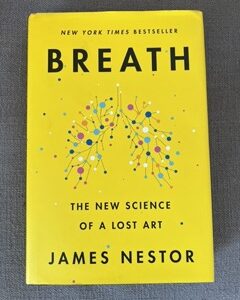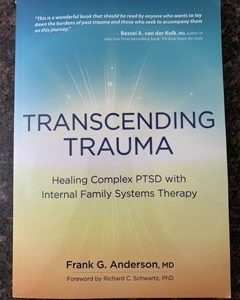We now know that posttraumatic stress disorder can be treated using many different therapeutic modalities. EMDR is found to bring relief to those that are suffering from PTSD symptoms following an event or a series of events. If you are experiencing any or all of these symptoms listed below, know that you can get support by contacting us.
The following information is taken directly from Mental Health Today. The description can be found in the DSM-IV-TR (2000) and gives the complete criteria for the diagnosis of Posttraumatic Stress Disorder.
Posttraumatic Stress Disorder DSM-IV™ Diagnosis & Criteria
Diagnostic Features
The essential feature of Posttraumatic Stress Disorder is the development of characteristic symptoms following exposure to an extreme traumatic stressor involving direct personal experience of an event that involves actual or threatened death or serious injury, or other threat to one’s physical integrity; or witnessing an event that involves death, injury, or a threat to the physical integrity of another person; or learning about unexpected or violent death, serious harm, or threat of death or injury experienced by a family member or other close associate (Criterion A1). The person’s response to the event must involve intense fear, helplessness, or horror (or in children, the response must involve disorganized or agitated behavior) (Criterion A2). The characteristic symptoms resulting from the exposure to the extreme trauma include persistent reexperiencing of the traumatic event (Criterion B), persistent avoidance of stimuli associated with the trauma and numbing of general responsiveness (Criterion C), and persistent symptoms of increased arousal (Criterion D). The full symptom picture must be present for more than 1 month (Criterion E), and the disturbance must cause clinically significant distress or impairment in social, occupational, or other important areas of functioning (Criterion F).
Traumatic events that are experienced directly include, but are not limited to, military combat, violent personal assault (sexual assault, physical attack, robbery, mugging), being kidnapped, being taken hostage, terrorist attack, torture, incarceration as a prisoner of war or in a concentration camp, natural or manmade disasters, severe automobile accidents, or being diagnosed with a life-threatening illness. For children, sexually traumatic events may include developmentally inappropriate sexual experiences without threatened or actual violence or injury. Witnessed events include, but are not limited to, observing the serious injury or unnatural death of another person due to violent assault, accident, war, or disaster or unexpectedly witnessing a dead body or body parts. Events experienced by others that are learned about include, but are not limited to, violent personal assault, serious accident, or serious injury experienced by a family member or a close friend; learning about the sudden, unexpected death of a family member or a close friend; or learning that one’s child has a life-threatening disease. The disorder may be especially severe or long lasting when the stressor is of human design (e.g., torture, rape). The likelihood of developing this disorder may increase as the intensity of and physical proximity to the stressor increase….
For more information, please visit Mental Health Today for the full criteria for Posttraumatic Stress Disorder.
Contact Us Today!
If you are interested in setting up a session with Dr. Davis, please call today at 303-919-4149. You may also send an email using the form below. Dr. Davis will try to respond to your email as soon as she is able during weekdays. If you have not heard from her, please check your spam folder to make sure you did not miss her reply.






